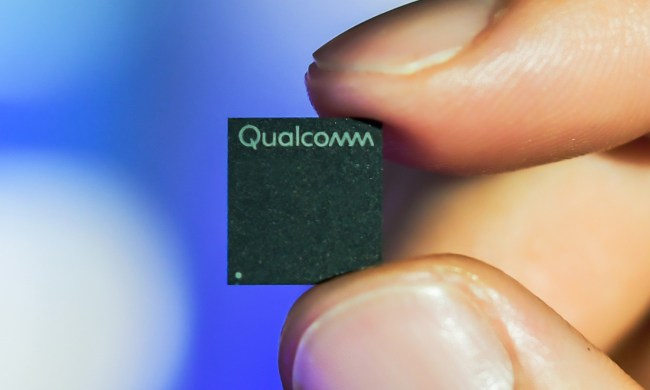The news coverage regarding the Huawei ban in the U.S. might have fizzled recently, with more pressing national and international events drawing focus away, but it continues to be an important battleground in the trade war with China. Now, Reuters reports that U.S. company Qualcomm will be allowed to sell chips to Chinese company Huawei, having been granted an exception from the ban.
Companies in the U.S. have been largely forbidden from doing business with Huawei due to national security concerns, in a ban that should be in place until May 2021. U.S. citizens are still allowed to buy, own, and use Huawei products such as smartphones, however, U.S. companies have been forbidden to do business with Huawei unless they obtain a special license since the company was placed on the U.S. Commerce Department’s “Entity List.”
Now, Reuters is reporting that Qualcomm has been granted such a license, and will be allowed to sell 4G chips used in mobile phones to Huawei. “We received a license for a number of products, which includes some 4G products,” a Qualcomm spokeswoman said to Reuters. The spokesperson did not give details of exactly which products were involved but did say that Qualcomm is also applying for licenses for other products.
The reason for the ban is the belief that, as a Chinese company, Huawei could be a security threat by passing information to the Chinese government. The particular worry being alleged is that Huawei could make use of backdoors in its network infrastructure to spy on users and hand over information to the government. However, there is debate over the degree to which the ban is an effective defense, and the degree to which it is political posturing. It is worth noting that other countries have followed the U.S.’s suit, such as the U.K. which is reportedly planning to phase out its use of Huawei hardware.
Nevertheless, U.S. companies have found ways around the ban, through loopholes in the complex law. And for its part, Huawei is pressing on with manufacturing devices like smartphones and finding ways to run them without the use of U.S.-based companies like Google and its Android software.



